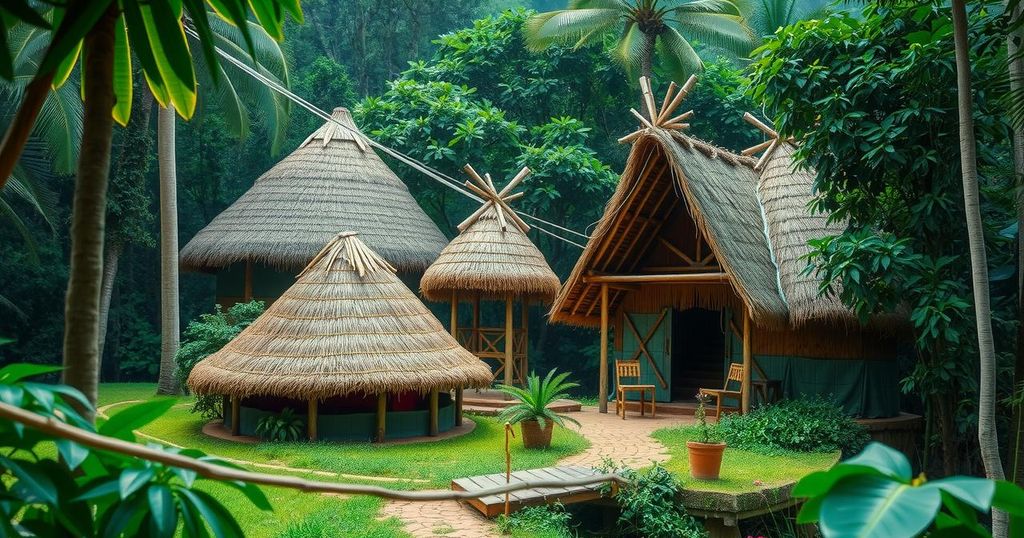The Brazil Indigenous Camp focuses on the rights of indigenous peoples, especially during Terra Livre, serving as a platform for advocacy and collective action. It unites various indigenous communities to address the threats faced by their lands and cultures, promoting awareness and education on their issues.
The Brazil Indigenous Camp exemplifies a prominent focus on the rights and welfare of indigenous communities in Brazil, particularly during significant events such as Terra Livre. It serves as a platform for indigenous leaders to address pressing issues and advocate for their rights. Through organized gatherings, these communities aim to draw attention to their struggles against external pressures threatening their land and cultural heritage.
The camp not only raises awareness but also strengthens solidarity among various indigenous groups across Brazil. By fostering collective action, it empowers members to voice their concerns regarding environmental degradation and violations of their ancestral rights. The efforts at the Brazil Indigenous Camp represent a crucial movement towards ensuring that indigenous voices are heard.
Furthermore, the ongoing efforts and resolutions formulated at this camp are instrumental in preserving indigenous cultures and promoting sustainable practices within their territories. Engaging with the broader society, these initiatives aim to educate the public about the importance of protecting indigenous lands, ultimately contributing to ecological balance and cultural preservation.
In conclusion, the Brazil Indigenous Camp plays a vital role in uniting indigenous leaders and communities to advocate for their rights and protect their land. It emphasizes the need for solidarity among indigenous peoples and aims to educate the wider population about their struggles. Not only does it serve as a platform for dialogue and action, but it also highlights the importance of preserving indigenous cultures in the face of adversity.
In summary, the Brazil Indigenous Camp is pivotal in advocating for the rights of indigenous communities, bringing attention to environmental and cultural issues. It fosters collaboration and empowerment among various groups, underscores the significance of their heritage, and educates the public about their challenges. This camp is instrumental in the ongoing struggle to protect indigenous lands and cultures.
Original Source: www.goshennews.com




